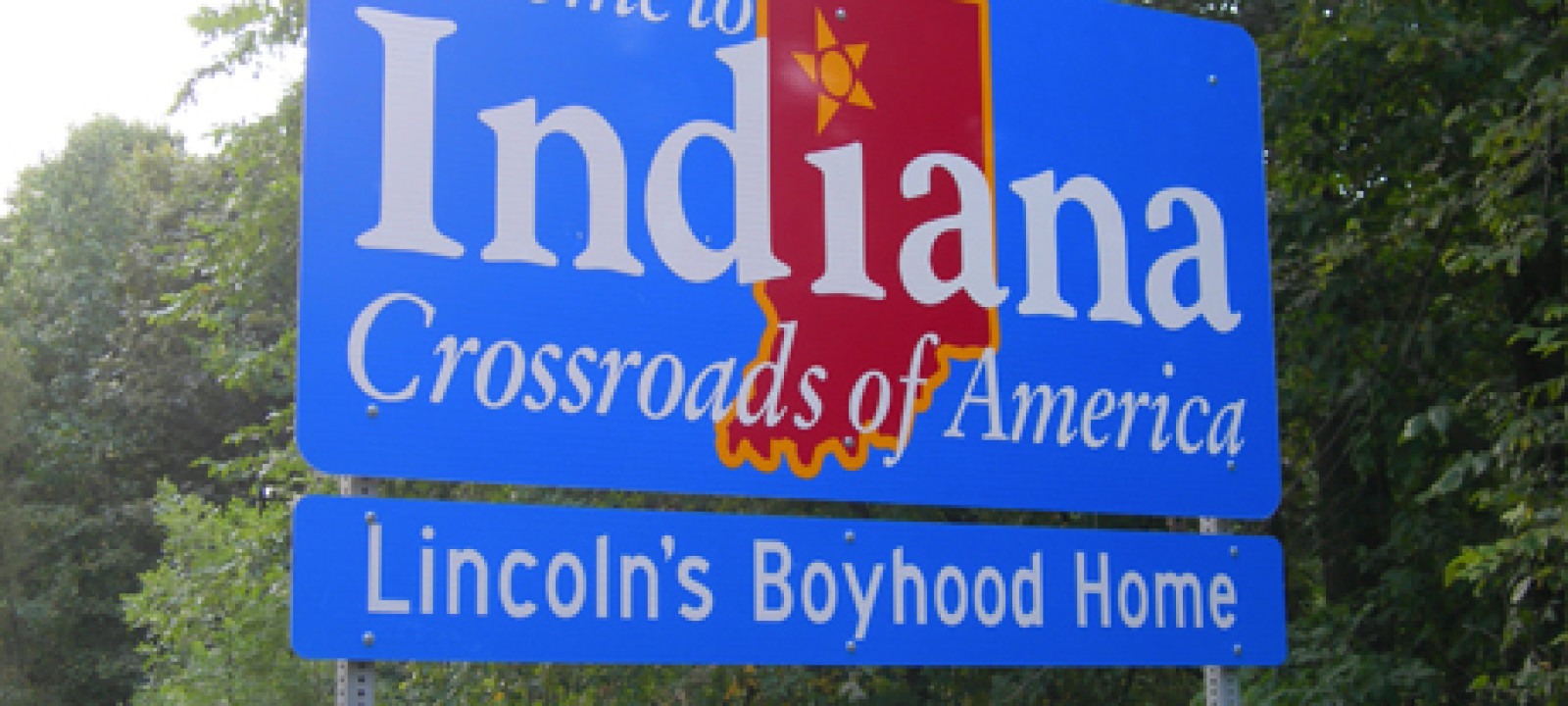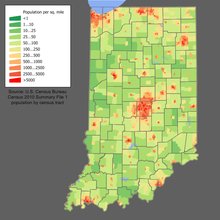Monday, November 18, 2019
US Economy: Competitive? (No Market Economy In America)
Why the US economy isn’t as competitive or free as you think “Why on earth are US cell phone plans so expensive?” ...... Over the past two decades, competition and competition policy have atrophied, with dire consequences ....... America is no longer the home of the free-market economy, competition is not more fierce there than in Europe, its regulators are not more proactive and its new crop of superstar companies not radically different from their predecessors......... an inclination not to take free-market platitudes for granted ......... each step in his argument is based on meticulous analysis of the data. ......... “First, US markets have become less competitive: concentration is high in many industries, leaders are entrenched, and their profit rates are excessive. Second, this lack of competition has hurt US consumers and workers: it has led to higher prices, lower investment and lower productivity growth. Third, and contrary to common wisdom, the main explanation is political, not technological: I have traced the decrease in competition to increasing barriers to entry and weak antitrust enforcement, sustained by heavy lobbying and campaign contributions.” ........ Those prices of broadband access in the US are, for example, roughly double what they are in comparable countries. Profits per passenger for airlines are also far higher in the US than in the EU.......... across industries, more concentration leads to higher profits. Overall, the effect is large: the post-tax profit share in US gross domestic product has almost doubled since the 1990s........ This malignant form of increased concentration reflects significantly diminished entry of new businesses and greater tolerance of merger activity. In other words, the US economy has seen a significant reduction in competition and a corresponding rise in monopoly and oligopoly.............. From 1999 to 2017 real GDP per head rose by 21 per cent in the US, 25 per cent in the EU and 19 per cent even in the eurozone, despite the damage done by its ineptly handled financial crisis. Levels of inequality and trends in income distribution are also less adverse in the EU, so increases in incomes have been more evenly shared........ destroys the hypothesis that technology is the main driver of the downward shift in the share of labour incomes ....... “The US has better universities and a stronger ecosystem for innovation, from venture capital to technological expertise.” ....... the EU has established more independent regulators than either its individual members or the US would do (or have done). ....... Lobbying, both against deregulation and for favourable regulation, is much fiercer in the US. ........ this lobbying, which is inevitably dominated by big companies, works. Why else would people pay for it? ........
2020
If the Fox News legal analyst has ditched Trump that is a sign the US Senate will also dump Trump. People like Ted Cruz will dump him in a hurry. Marco Rubio. I think the 10 Senators will be found.
Which is curious, because we might be looking at one Indiana man, Pete, running against another Indiana man, Pence. I know the state of Indiana like the back of my hand.
When I rooted for Howard Dean in 2004, I was in Indiana. When I moved to New York a year later and met Dean people in the city, they were like, what was an Indian guy doing in a place like Indiana rooting for a guy like Howard Dean!? Well, now you know.
2020 https://t.co/3cn2xvH3Wv @PeteButtigieg @TulsiGabbard @VP #2020 #PresidentialElection #UnitedStates #PeteButtigieg #Tulsi2020 #Tulsi #impeachment #ImpeachmentInquiry #DonaldTrump #Trump— Paramendra Kumar Bhagat (@paramendra) November 18, 2019
ABC/Ipsos poll:— Josh Jordan (@NumbersMuncher) November 18, 2019
70% of Americans believe Trump did something wrong
57% want him impeached
51% want him impeached *and* removed from office
21% made that decision this after last weeks hearings
Those are some terrible numbers for Trump after just one week of public hearings.
New poll shows 70% of Americans think Trump’s request that Ukraine‘s president investigate political rival Joe Biden was wrong https://t.co/G6ynTU5Ov1— Bloomberg (@business) November 18, 2019
US election 2020: Obama issues warning to 'revolutionary' Democrats
Subscribe to:
Comments (Atom)



